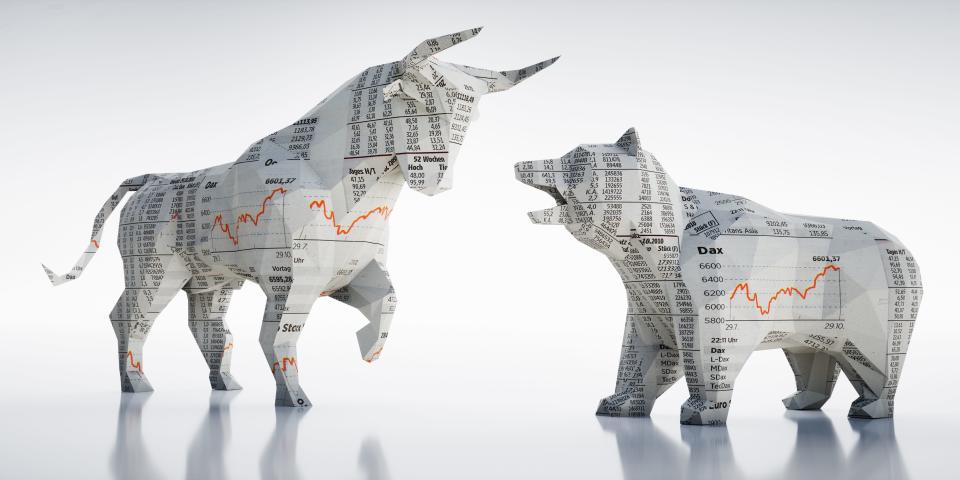
-
The new bull market in equities could be wiped out if interest rates and unemployment rise.
-
BofA strategists predicted that the Fed would continue to raise rates to fight inflation.
-
Investors have become more bullish on stocks and could be caught off guard, BofA said.
The bull market in equities could pull back as the Federal Reserve’s inflation fight will further raise interest rates and trigger higher unemployment in the economy, Bank of America said.
“The Fed isn’t done with the hikes…we’re sticking to the ‘sell the latest rate hike’ call,” a team of strategists led by Michael Hartnett said in a note on Friday, pointing to the headwinds as the central bank raises interest rates to fight inflation. .
Fed officials could end up raising interest rates to 6% over the next 12 months, strategists predicted, raising the fed funds rate an additional 75 to 100 basis points above its current range. . That’s largely because the central bank remains focused on its goal of bringing inflation down to 2%, with officials warning that rates could remain elevated through the end of the year.
Inflation below 3% could also result in an unemployment rate of 4% or higher, as higher rates tighten financial conditions and weaken the labor market.
“We remain bearish; we still believe the biggest ‘painful trade’ in the next 12 months is fed funds 6%, not 3%,” the strategists added, suggesting investors were overly bullish on the current rally in stocks which saw the S&P 500 rise 20% from its October low.
Inflation has remained well above the Fed’s 2% target for the past year and hit 4.9% in April’s Consumer Price Index report. Core inflation was 5.5%, a sign that inflation is still going strong in the economy.
Meanwhile, rates are at their highest level since 2007, threatening to overtighten the economy and tip it into a recession. The bank estimated that there is a 25% chance that the United States will enter a recession next year, and a 70% chance that the economy will enter a slowdown without a real recession.
It comes amid growing investor enthusiasm for stocks, with the S&P 500 up 13% year-to-date and officially entering a bull market this week. The move is partly driven by lower inflation expectations, as well as expectations that the Fed may pause rate hikes this month.
Read the original article on Business Insider
